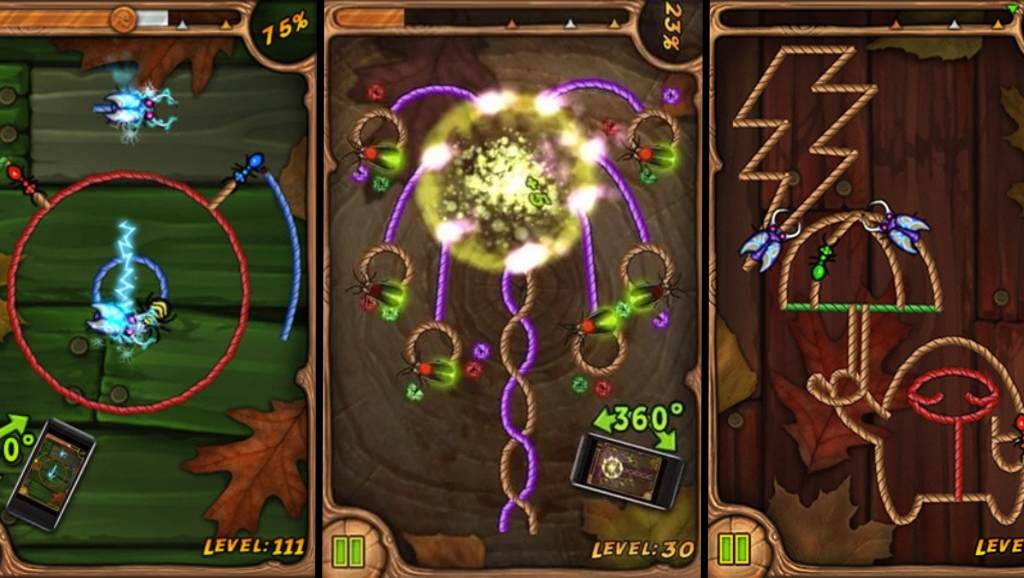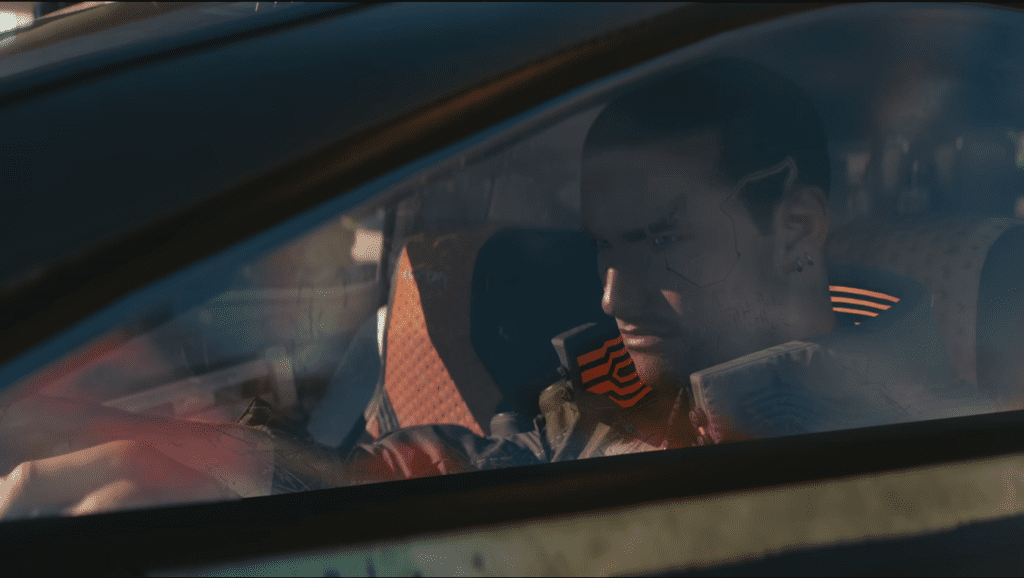Mobile gaming is currently one of the most popular forms of entertainment across the globe, and it’s easy to understand why. It doesn’t matter whether you’re a hardcore or a hyper-casual gamer, a MOBA enjoyer, or if you’d rather play a simple puzzle game – the mobile game market has got you covered.
And, while we’re at it, let’s not forget that most people carry their phones around throughout the day, pulling them out of their pockets every now and then to fight the boredom during their long commutes and to keep up-to-date with their peers, fueling the mobile gaming platform even more. As of 2022, mobile games generate 77.4% of the total gaming revenue worldwide according to Statista.
With that in mind, it’s not surprising that more and more people want to become mobile game developers, and one of the most frequently asked questions on the matter is the following: “how long does it take to create a mobile game?”. The answer to that you can find in this article, along with other factors that influence its development time.
Have a good read!
How long does it take to create a mobile game? The effects of complexity
When it comes to game development, there is one main factor that influences how long it will take to develop a mobile game: its complexity, which is directly proportional to development time. Let’s take a look at three different game complexities, how their development times change, and some examples for each one:
Simple games: 2D platformers, endless runners, match-3, …
If you’re trying to develop a very simple game, like a Cookie Clicker clone, a 2D platformer, or a simple match-3 game, expect your game to take around 2 to 4 months from start to finish, with the tiniest projects taking around a month. These simpler games are often optimized for short play sessions and their gameplay tends to change very little as the sporadic updates come.
Sure, there might not be hundreds of levels, it might not be the most immersive and visually stunning experience, and it might not have thousands of customizable moving pieces and gameplay-altering mechanics, but you could have it done within 3 months on average.

Burn the Rope is one such game: it is a puzzle game with simple gameplay, but one that can still pose a lot of challenges to players – especially as more game elements are added, all of which you have to account for.
Medium-complexity games: 3D action/adventure, simulators, sports, …
Moving up the complexity chain, there are those games that fall in the happy medium between simple and complex games. Usually the choice of independent (also known as indie) developers, these games often give the player a lot more agency than their simpler counterparts, offering a more complete experience. If this is the scope of your upcoming game, expect it to take anywhere from 6 months to 18 months from start to finish.
Furthermore, there is much more variety when it comes to games of this caliber, as more complex games often require bigger teams, allowing you to create games that are even more complete. It’s common to find 3D action, adventure, simulation, sports, and strategy games falling under this umbrella, taking on average a year from their planning to release.

F1 Clash is a great example of a game with an average level of complexity, taking over a year to build from scratch. In this Formula 1-inspired management game, you can race against other players to climb through the ranks. It’s even possible to recruit and train real F1 drivers and take important decisions as the race goes on.
Complex games: RPGs, MMORPGs, FPSs, expansive open-worlds, …
On the other extreme, we have the big and complex games, whose development times often range from 2 to 5 years – with some projects being stuck in the infamous “development hell” for many more years. This is the scope of the games produced by many AA and AAA studios, which can employ hundreds of artists, modelers, designers, and programmers to create a game.

While they have to create massive amounts of assets and ensure everything works properly when combined, companies working on those big and complex games also have to put extra effort into planning and marketing these projects to the public, which adds even more development time.
Falling under the complex games umbrella, you will find many (MMO)RPGs, Battle Royale-type games, FPSs, and open-world adventure games with massive lore and worldbuilding to unravel in your playthroughs.

One example of a complex game that took years to develop is Albion Online, a permadeath sandbox MMORPG with tons of player agency. Even though the base game was launched in 2017 after 5 years of development, its mobile port (which also happens to be cross-platform) wasn’t released until 2021, totaling 9 years of development.
Other factors that influence development time
Even though complexity is the most important factor when estimating how long the development of your game will take, there are many more to consider:
- Development team size: if you have more people working on your game, then its development will take less time, especially if you are using agile development techniques. However, bringing more people in might cause some management issues, so striving for clear and efficient communication is a must;
- Amount of assets needed for the game: mobile games as a whole are indeed faster to develop compared to their PC/console counterparts as the assets don’t need the extra level of detail, but their quantity is an important factor. Creating all the artwork for a game is where a lot of time is spent during development, so make sure you have enough artists and designers around;
- Quality Assurance (QA) testing: QA testing is one of the most critical steps in game development. In games with a lot of intertwined mechanics, it’s essential to thoroughly test them to ensure the end product has minimal issues. However, QA professionals also test other aspects of your game, such as performance, stability, device compatibility, and much more, and, if some issues are particularly hard to pinpoint and fix, this step can take much more time than anticipated;
- Proper UI/UX testing: as with all products on the market, it’s crucial to test and analyze their usability. Some games might have too much information packed into the screen at once, which can create an overwhelming experience for your players. Finding the right balance and position of all your UI/UX elements while ensuring their usability can be a tricky affair, which can further increase how long your game will be in development;
- Other game features: for example, if you’re planning to add multiplayer to your game, it can greatly lengthen the development process. You not only have to create and maintain the infrastructure required to support this feature, such as databases and dedicated servers, but you also need to ensure the matchmaking is fair, the game is balanced, and the server and client are working perfectly with each other. For this reason, it’s not unusual to see games implement social features (such as guilds, friends, and leaderboards) instead of adding a dedicated matchmaking system.

Navigating the Timeline of Mobile Game Development: Factors that Influence Speed
The timeline for creating a mobile game can be as varied as the games themselves. The duration largely hinges on a combination of elements such as the complexity of the game, the size and experience of the development team, the existence of a detailed game design document, and the type of game you’re crafting.
While small, simple 2D games can often be developed more swiftly, the process may take longer for more intricate, 3D games with complex mechanics. Mobile game development companies with skilled teams can expedite the process, yet the number of players, game size, and even factors like entering the world of NFT game development can influence the timeline.
Hyper-casual games, for instance, are known for their speedier development compared to sprawling RPGs. In the end, it’s essential to plan meticulously, as the journey from concept to a polished, successful mobile game requires time, creativity, and attention to detail.
Closing thoughts
As you have seen in this article, how long it takes to create a mobile game depends on a variety of factors ranging from its features to the sheer amount of assets it will require, with the main one being complexity – games that are smaller in scope, for instance, can be deployed quicker, while bigger games can take many years before the public gets to play them.
In any case, if you’re looking to create the mobile game of your dreams, but don’t want to deal with creating everything from scratch, how do you feel about working with a bunch of qualified professionals?
Here at Main Leaf, we’ve been creating wonderful games on demand since 2010, and the next one could be yours! We have a roster of over 70 talented professionals who are ready to work on the development of your mobile game from scratch. Our workday uses Scrum at its core, ensuring a swift and agile creation of your game in either Unity or Unreal Engine.
Are you ready to start the development of your upcoming mobile game? All you need to do is request a quote with your game idea, and you will hear from us within 24 hours!

